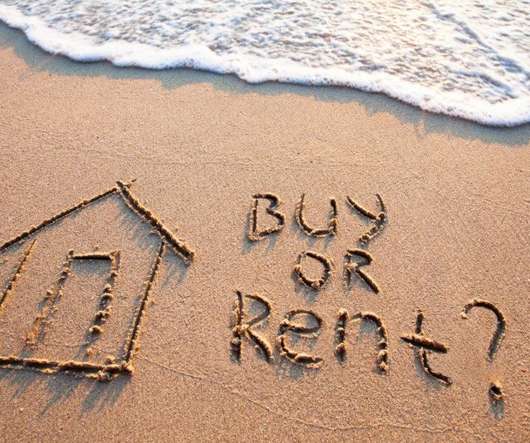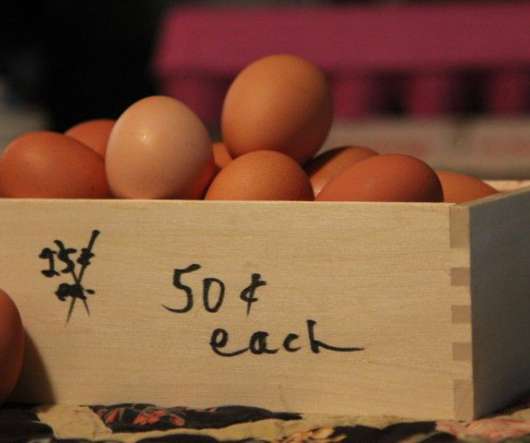The Definitive Guide to Buying a House in Arizona
Mashvisor
SEPTEMBER 6, 2021
Arizona is one of the best states to invest in real estate. Not only is it landlord and Airbnb friendly, but property taxes are relatively low and home values, high…

Mashvisor
SEPTEMBER 6, 2021
Arizona is one of the best states to invest in real estate. Not only is it landlord and Airbnb friendly, but property taxes are relatively low and home values, high…

Eppraisal
APRIL 27, 2021
When you own a home you are responsible for the real estate taxes, homeowners insurance, homeowners association fees, maintenance, repairs, upkeep and the like. Renters just pay the monthly rent and the landlord pays the mortgage and all the other costs. You make the decisions to make changes to the home.
This site is protected by reCAPTCHA and the Google Privacy Policy and Terms of Service apply.

Eppraisal
FEBRUARY 22, 2022
These do not exist in a vacuum but touch upon supply and demand; interest rates; investment portfolios; and even employment rates. Just as inflation drives up the value of lumber, light bulbs, potatoes, chicken and women's shoes, it boosts home values in the same way.

Zillow
MAY 4, 2016
Whether you're buying your first home, looking to build one, or trying to make use of some free space, mother-in-law apartments (also known as accessory dwelling units or secondary units) are a great investment - even if you’re not planning to have relatives move in.

Raleigh Realty
MARCH 29, 2021
Buying a Home As a Government Employee Are you a government employee preparing to buy a home? The process of buying a new home may sound intimidating. With the right resources, you can ensure a successful investment and one in which you may save tens of thousands of dollars thanks to being a government employee.

Raleigh Realty
MAY 3, 2021
Build Equity Your home will have a value assigned to it, and you'll be making mortgage payments. The difference between the home's value and what is left in your mortgage is the equity. In other words, if your home is worth $100,000 and you have $60,000 remaining in your mortgage, you have $40,000 worth of equity.
Let's personalize your content